The Problem
Exposing the Blind Spot: A Real-Time Clinical Audit Benchmarking Emergency Care Plans in Vulnerable Patients Against an Expert-Informed Model - Click the title for the full PDF: Published 09/06/2025
Key Audit Findings:
A live clinical audit was conducted over six urgent care shifts, totalling 72 clinical hours across >30 GP practices and >25 care homes:
96% of patients (68 out of 71) had no emergency plan, a vague plan, or blanket statement that was not useful for clinical practice
0% of patients (0 out of 71) had a robust expert-led plan similar to My Emergency Plan
Dementia Subgroup of 38 patients
34% of patients (13 out of 38) had no emergency plan
84% of patients (21 out of 25) had emergency plans put in place that raised serious ethical and legal concerns
The Solution
Before the Next Crisis: A New, Scalable, Expert-Led Solution Shown to Reduce Emergency Admissions by Over 70% - Click the title for the full PDF: Published 09/06/2025
Foreword:
“Dr. Matthew Gloudeman has taken a personally developed approach empowered by rigor and respect for the importance of the process of ACP… He is to be commended for not giving into the pervasive cynicism… and his absolute conviction and vision to make this vital aspect of modern health care better… For all our sakes let us hope he is onto something.”
— Professor Max Watson MBE award winning Palliative Care Consultant
Key Audit Findings:
Trusted by Families, Staff & Clinicians – All plans were fully supported by patients, their loved ones, and the teams caring for them. Each given the opportunity to review, alter and refine plans afterwards to best reflect their wishes as they evolve and align with all involved in their care.
Personalised, Expert-Guided Plans – Every patient had a expert-led, clear, proactive emergency health care plan.
Dignified End-of-Life Care – Every patient who passed away… died in a familiar place or the hospice - not in hospital, where 40–50% of patients in this group often die.
Over 70% Reduction in Hospital Admissions – (over 80% when excluding unavoidable orthopaedic emergencies) when patients and families are given specialist guidance and a proactive voice through this service hospital admissions are reduced by 2-3x more than any existing model




